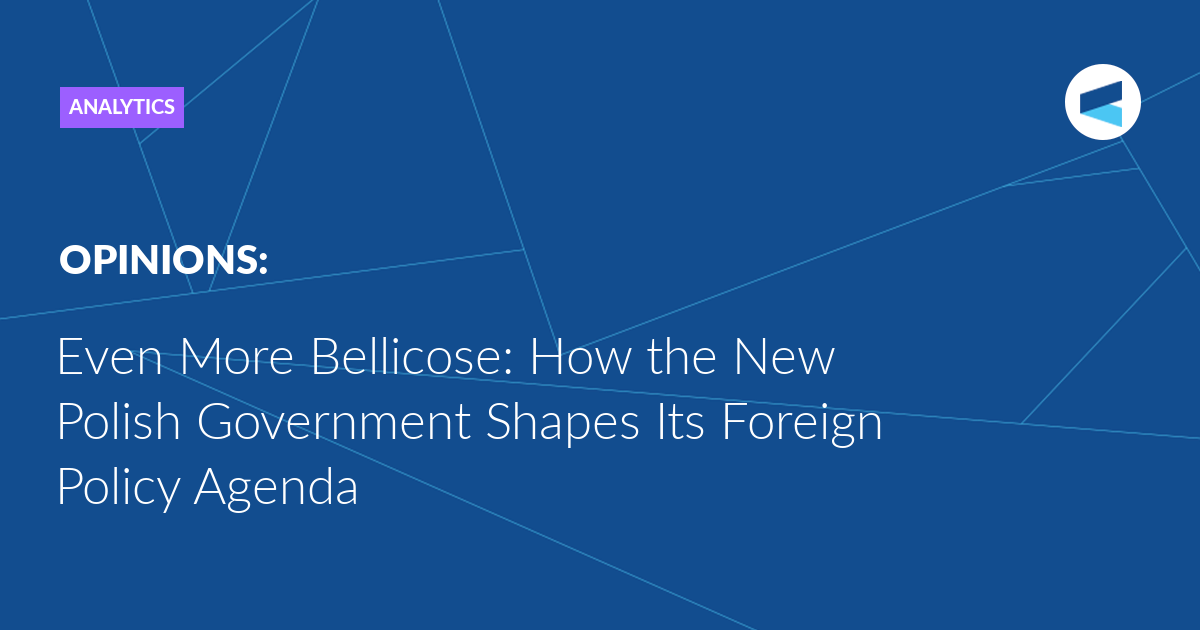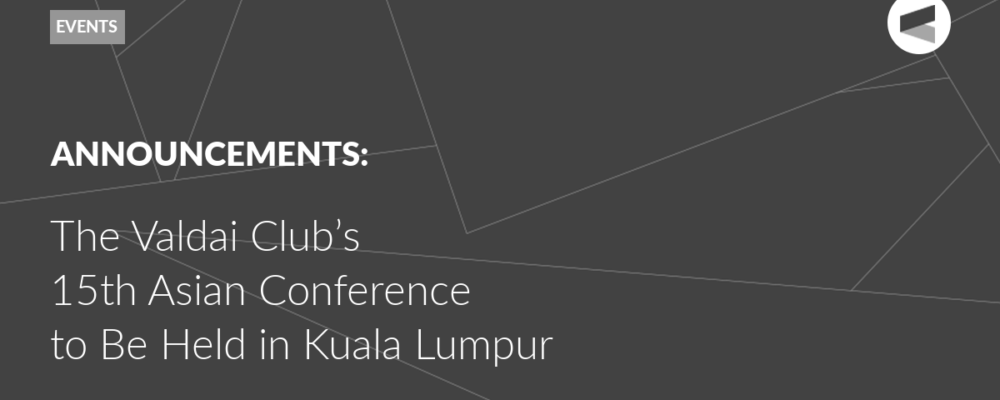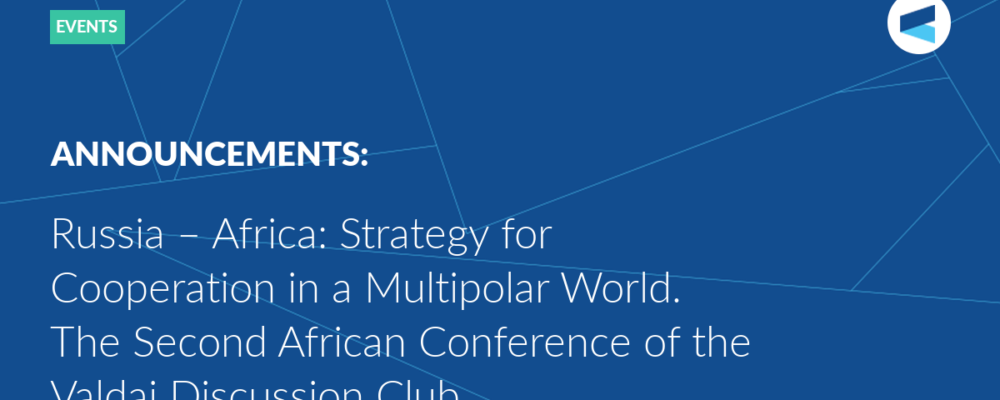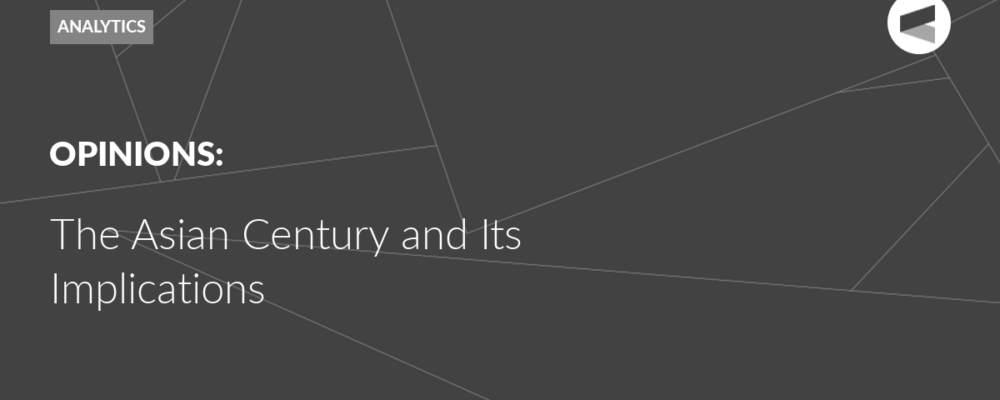The Polish government considers it absolutely necessary to develop NATO’s military presence on the so-called “eastern border”, the accession of Sweden and Finland to NATO and the development of the Alliance’s military infrastructure on their territory. In Sikorski’s understanding, it strengthens transatlantic unity and security in the Baltic Sea region. Naturally, unconditional active support for Ukraine is a key task for both NATO and the EU in the understanding of the Polish government, which categorically denies the intentions of annexing in any form part of the territory of the neighbouring state.
An important aspect of the implementation of the foreign policy programme, which has also become a part of domestic policy, is the staff and professionalism of the Ministry of Foreign Affairs. Given the significant increase in the role of the ministry in shaping and implementing the country’s foreign policy, and the relegation of the office of the president to a secondary position, the decision by Radoslaw Sikorski to replace a significant portion of the embassy staff under the pretence of establishing an apolitical (nonpartisan) diplomatic service actually represents a continuation of efforts to eliminate politically disloyal personnel and establish the ministry of foreign affairs as the sole centre of power in foreign policy decisions.
The key resource and instrument of foreign policy is maximum loyalty to allies and a readiness to fulfil allied obligations with a declared readiness for confrontation with opponents both within the country and in the international arena. This combative attitude of the minister of foreign affairs gave rise to a fair number of caustic publications in key Polish media; one of the most revealing and characteristic was the analysis of Sikorski’s speech by the famous Polish journalist Lukasz Warzecha under the headline “Whoever is not with us is Putin. Radoslaw Sikorski turns to populism and demagoguery.”
To sum up, the foundations of Polish foreign policy for 2024, as presented by Radoslaw Sikorski, were not intended for an external listener, but were carefully prepared and presented specifically for domestic political consumption, becoming just another episode of the “Polish-Polish war” between the Civic Platform and Law and Justice. In this confrontation, there is no stake in changing the direction of foreign policy (there may be tactical adjustments while maintaining a supra-party consensus on key areas). The foreign policy agenda — media, clickbait, provocative — as presented by Radoslaw Sikorski has no alternatives; it is the only possible correct and “patriotic” course, implemented by the government of Donald Tusk. Domestic political opponents of this course are declared traitors or “useful idiots” — however, these accusations are exchanged between the opposing sides.
Thus, we will record that the presentation of the government’s foreign policy agenda had internal political goals within the framework of the confrontation between the government of Donald Tusk and the administration of President Andrzej Duda, where the intermediate goal is the victory of “their” candidate in the 2025 presidential elections, and the strategic goal is the elimination of the economic and socio-political base of a key domestic political opponent. But that is another story.
The Valdai Discussion Club was established in 2004. It is named after Lake Valdai, which is located close to Veliky Novgorod, where the Club’s first meeting took place.
Please visit the firm link to site






